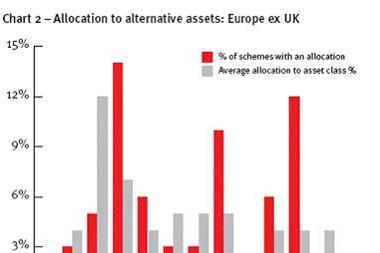Companies must note the pension regulator’s action on ‘retrospective responsibility’ following the sale of a company
Companies and private equity houses must carefully consider the potential impact of the Pensions Regulator’s powers when planning corporate transactions, warned Mercer.
The caution comes after press reports that the regulator was involved in discussions leading to Duke Street Capital having to top up the Focus DIY pension fund after selling the business. Duke Street Capital had sold the firm to Cerberus Capital Management in 2007.
The pensions regulator is able to grant clearance at the time of a transaction that it will not use its powers to subsequently require additional contributions to the fund. However, clearance tends to require trustee support and often itself has an immediate price in terms of extra funding. For this reason, buyers and sellers often prefer not to seek clearance. This latest report confirms fears that, in some circumstances, this may be a risky strategy.
According to Stuart Benson, worldwide partner in Mercer’s M&A Group: ‘Any organisation selling a business with a pension scheme needs to think carefully before deciding not to seek clearance. The Regulator can require parties to top up pensions and it can retrospectively consider transactions over the previous 12 months. In some cases it can look back six years.
‘The Regulator was first granted powers to intervene in mergers and acquisitions in 2005. At first, the market was concerned about its powers and tended to err on the side of seeking clearance. As time went on, it became clear that most transactions should not fall foul of the Regulator, and buyers and sellers of businesses began to rely on their own interpretation of the rules - preferring to avoid the cost and effort involved in seeking clearance. Since April 2008, the Regulator has stronger powers to intervene, and it’s possible it has threatened to exercise them for the first time. If so, it’s unlikely to be the last.’
‘Whether or not the press reports are correct, they are a timely reminder that the balance of risk has changed. Companies and private equity houses cannot always assume they will be rid of pension liabilities in respect of businesses they have sold unless they are careful to consider the trustees’ interests in the deal and, if they feel it necessary, seek formal clearance,’ he added.

















